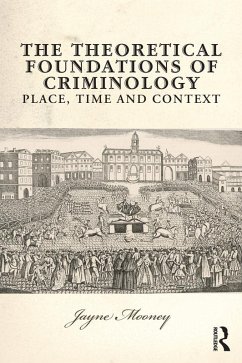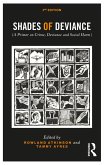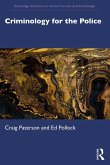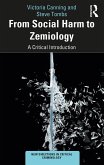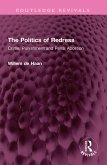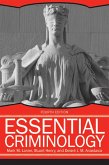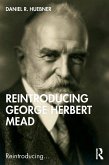Dieser Download kann aus rechtlichen Gründen nur mit Rechnungsadresse in A, B, BG, CY, CZ, D, DK, EW, E, FIN, F, GR, HR, H, IRL, I, LT, L, LR, M, NL, PL, P, R, S, SLO, SK ausgeliefert werden.
Corey Dolgan, Professor of Sociology and Criminology, Stonehill College, USA and President-Elect for the Society for the Study of Social Problems.
"This is not an ordinary criminological theory textbook. It is extraordinary. It should be widely adopted by faculty who teach criminological theory because it re-connects our discipline to its socio-historical roots, documenting applications and reform movements long overlooked. In so doing, the text offers keen insights for criminologists moving forward. Mooney provides a deep exploration into the socio-historical context of criminological thought that includes often-overlooked contributions from scholars of color and women. The mainstream criminological canon is more accurately covered by exposing the often-critical criminological roots that have shaped the debates and research agendas for more than 200 years... Despite consistent resistance over time, disembodied mainstream criminology developed as an apparatus of power. For those of us who routinely excavate and expose the roots of power, how it is defined, exercised, and resisted, Mooney's book is a treasure trove of criminological history. Criminology did not have to become an apparatus of power, and with awareness and this insightful historical lens, it may yet overcome that association."
Kimberly J Cook, Professor of Sociology and Criminology, University of North Carolina Wilmington, USA, Theoretical Criminology

